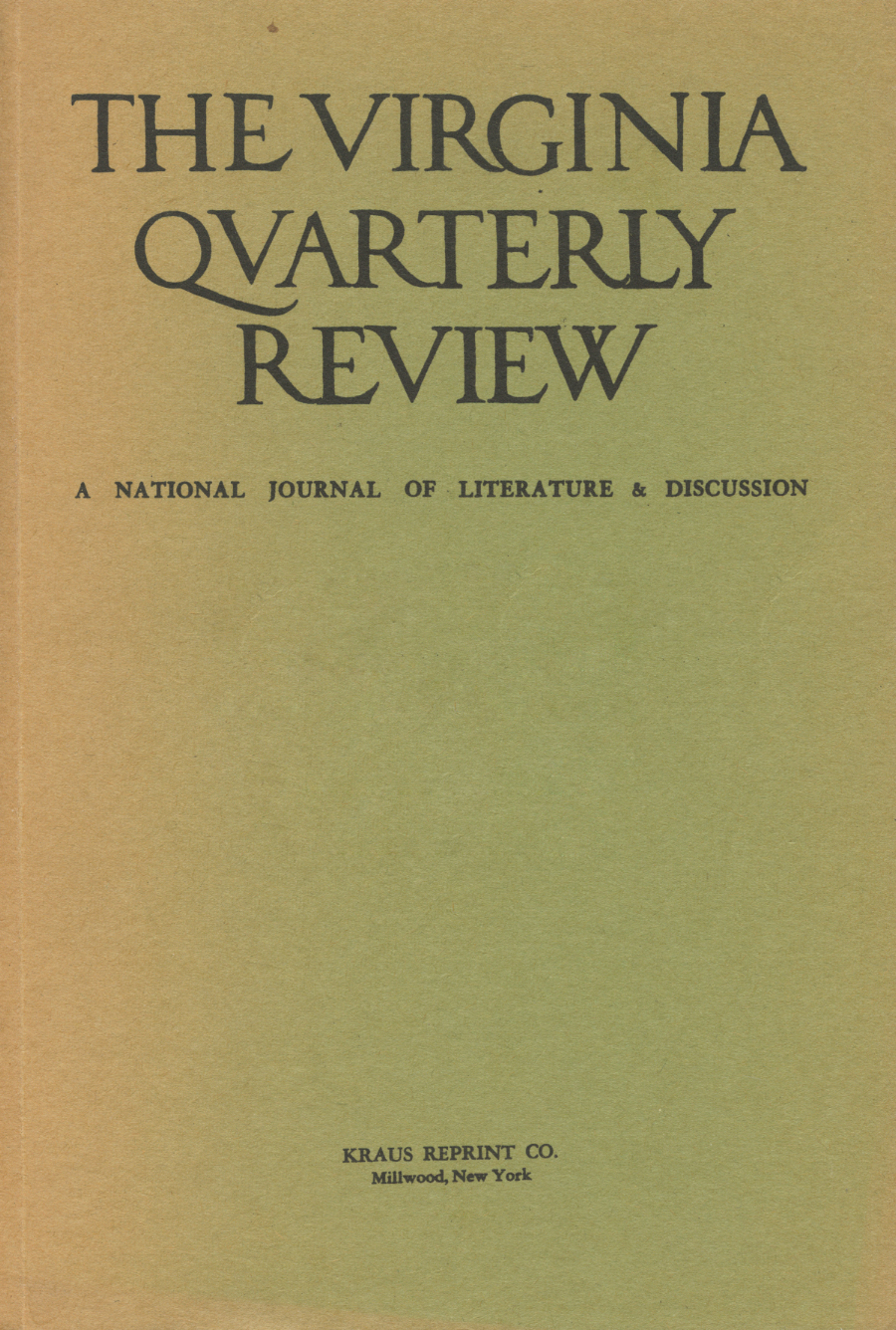Sherwood Anderson (1876-1941) is best known for his 1919 work Winesburg, Ohio. His later books include Poor White, Horses and Men, and Dark Laughter. An influential writer in his day, he helped William Faulkner publish his first novel, Soldiers’ Pay, and was an early supporter of Ernest Hemingway.

